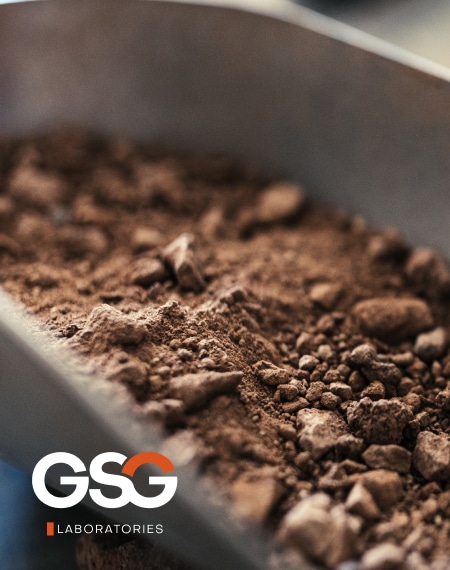Onsite sampling services available
Soil and site classification
Compaction during construction activities
Bearing, strength and penetration for design purpose.
Contaminated Site Assessment
Soil Aggression
Acid sulfate soil (ASS) is the common name given to soils and sediments containing iron sulfides, the most common being pyrite. When exposed to air due to drainage or disturbance, these soils produce sulfuric acid, often releasing toxic quantities of iron, aluminium and heavy metals.
Does your soil suffer from soil aggression?
If you are unsure, East West can test for soil aggression caused by acid sulfate soils. The testing of soil aggression provides you with information about the soil's capability to form a sound foundation for varying concrete purposes. Acid sulfate soils can lead to deterioration of concrete which can lead to expansion and cracking, as well as loss of strength and increased limitations on the elastic properties of concrete.
To prevent physical resistance to aggressive solutions, specifying the mix design combined with using acid sulfate resistant materials, can lead to longevity in the concrete’s construction and therefore longevity in the project itself.
Download a full description of our chemical and physical soil test methods.




